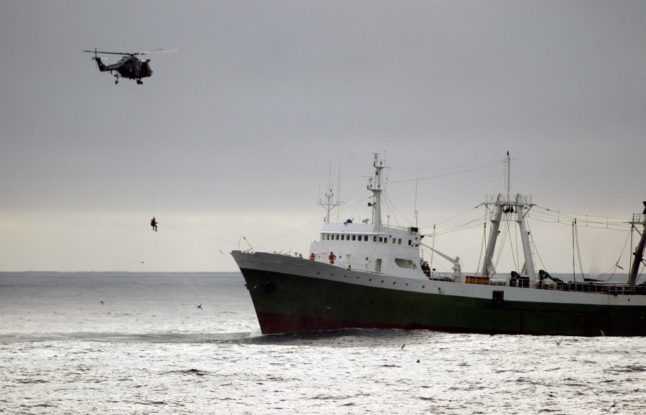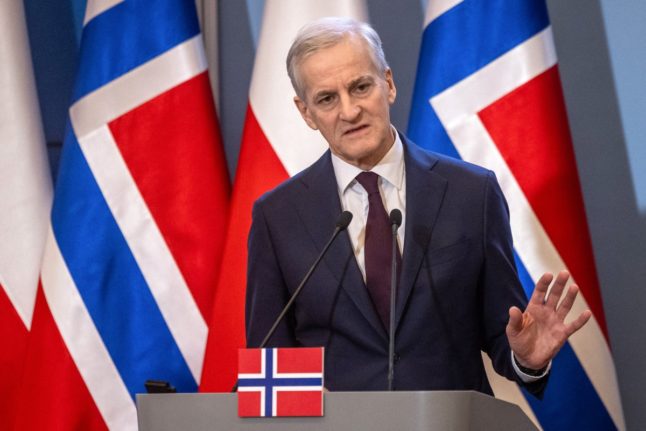The announcement comes with Moscow accusing Oslo of blocking access to the Svalbard archipelago and ties between the Kremlin and European countries unravelling over Russia’s military intervention in Ukraine.
In 2010, Russia and Norway signed a treaty on maritime delimitation and cooperation in the Barents Sea and Arctic Ocean, putting to rest a
40-year-old row.
On Tuesday, Vyacheslav Volodin, speaker of parliament’s lower house, the State Duma, tasked lawmakers with considering “the issue of denunciation of the agreement with Norway on cooperation in the Barents Sea and the Arctic Ocean,” the State Duma said.
Volodin backed Communist lawmaker Mikhail Matveyev said that in 2010 Russia “had ceded 175,000 square kilometres of the Barents Sea to Norway”.
Today, Norway is preventing the delivery of food and cargo to Spitsbergen,” the State Duma said in a statement, citing Matveyev.
READ ALSO: Norway says it hasn’t breached treaty by blocking Russian cargo to Svalbard
Last week Russia’s foreign ministry summoned Norway’s charge d’affaires, accusing Oslo of blocking access to the Svalbard archipelago and threatening retaliation.
Norway has sovereignty over Svalbard but allows citizens of more than 40 countries to exploit the islands’ potentially vast resources on an equal footing.
Moscow has long wanted a bigger say in the archipelago and insists on calling it Spitsbergen rather than the Norwegian Svalbard.
After President Vladimir Putin sent troops to Ukraine in February, the West has hit Russia with several rounds of unprecedented sanctions.
Last week Norway announced nearly a billion euros of aid to Ukraine.



 Please whitelist us to continue reading.
Please whitelist us to continue reading.
Member comments